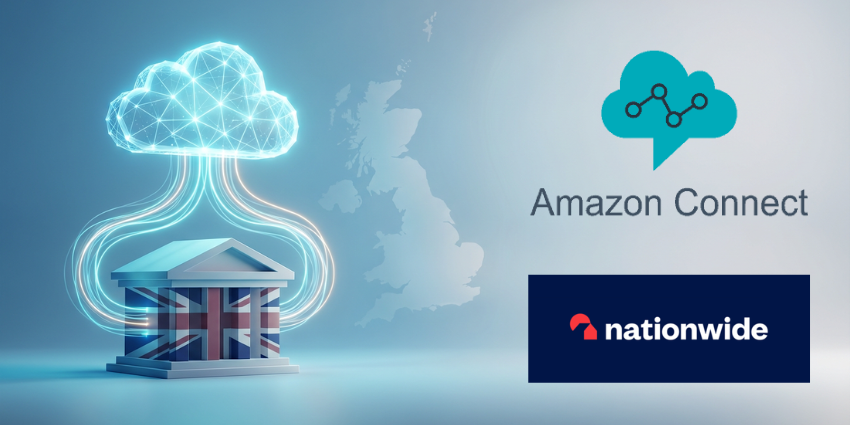At Enterprise Connect 2025, AWS unveiled the next-generation integration between Amazon Connect and Salesforce Service Cloud.
Its previous integration – “Service Cloud Voice with Amazon Connect” – natively embedded Connect’s voice channel into the CRM.
Now, its latest offering – the Salesforce Contact Center with Amazon Connect – inserts digital channels and omnichannel routing from Connect into Service Cloud (alongside voice).
The move follows similar announcements from Salesforce with Genesys and Five9.
In announcing these integrations, the CRM leader allows contact centers that have already created complex channel configurations in their CCaaS platform to embed those directly into their CRM.
The result? Contact centers can streamline agent experiences, centralize service data, and – as per Ryan Nichols, Chief Customer Officer of Service Cloud at Salesforce – better power AI innovation.
“We’re ensuring deeper integration beyond surface-level connectivity,” said Nichols.
It’s about real-time communication flowing into the service model to trigger the right actions. AI needs to deliver consistent responses across channels—phone, chat, and email—to provide a seamless experience.
However, while some CCaaS vendors may have had a head start in strengthening their Service Cloud integrations, Salesforce does not want to play favorites.
Indeed, shortly after AWS first teased the Salesforce Contact Center with Amazon Connect in November 2024, the CRM giant launched its Bring Your Own Channel for CCaaS program.
The program provides an extension of the Salesforce Bring Your Own Telephony (BYOT) initiative, which 18 CCaaS providers are currently part of.
It aims to support all CCaaS providers in developing tighter integrations with Salesforce, embedding voice, digital channels, routing, and possibly more into Service Cloud. Nichols added:
We want all vendors to have confidence that they can integrate deeply with our system. We’re an open platform, and we encourage partners to build deeper integrations.
In taking this approach, Salesforce intends to cooperate with contact center vendors in the era of increased CCaaS-CRM convergence.
While it could go out on its own and release a CCaaS platform, it has chosen not to isolate itself from the partners with whom many of its customers have close connections.
Other CRM providers will likely follow suit. ServiceNow has already announced similar integrations with Genesys and Five9.
However, another customer service CRM stalwart, Zendesk, announced a CCaaS platform for the “midmarket and above” at its recent Relate event. That move could throw the cat amongst the pigeons.
The Future of Service Cloud: Becoming More Predictive & Prescriptive Platform
Salesforce has a reputation for delivering deep, premium CRM apps. As such, it’s often tricky for customers to understand everything available and what they should implement next.
Recognizing this, Salesforce announced two fascinating innovations over the past 18 months to inform and accelerate its customers’ innovation curve.
First is the Salesforce Customer Success Score. This pulls together telemetry data from across the Salesforce ecosystem to tell business leaders how effectively teams leverage the platform. It also spotlights possible improvement opportunities.
Yet, specifically for Service Cloud, there is a new product discovery tool: My Service Journey.
My Service Journey gives customers a base to propel customer service transformation projects.
How? By providing an overarching library of everything Service Cloud does, tagging “high impact” capabilities based on feedback from Salesforce’s success team, engineers, and customers.
Capabilities also have their own one-pagers, while users can tag each feature based on their interest.
However, Salesforce plans to extend the solution further. According to Nichols, the next is to create customer roadmaps based on specific business outcomes. These roadmaps may cross applications and include Agentforce agents.
“Helping companies identify the next step for their business goal is key,” said Nichols.
Developing service maturity is essential for preparing AI agents. Companies are at different points in their journey, and identifying the right next step has been wildly popular.
By extending My Service Journey to go beyond that next step and deliver multi-step, progressive roadmaps – based on the individual contact center – Salesforce turns Service Cloud into a more predictive and prescriptive platform.
Keep tabs on the latest news coming out of Salesforce. Subscribe to the CX Today newsletter.
Have thoughts to add? Join the conversation on LinkedIn or Reddit—we’d love to hear your perspective.







